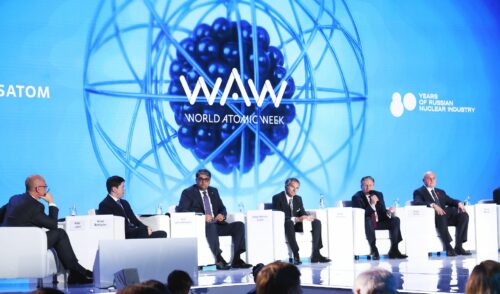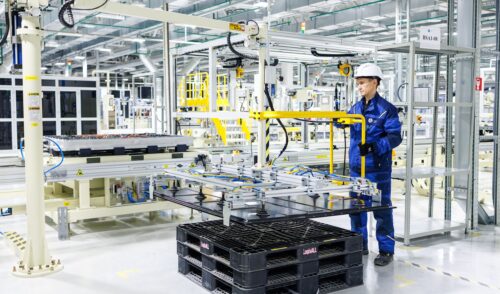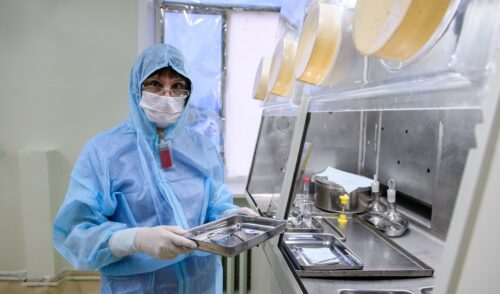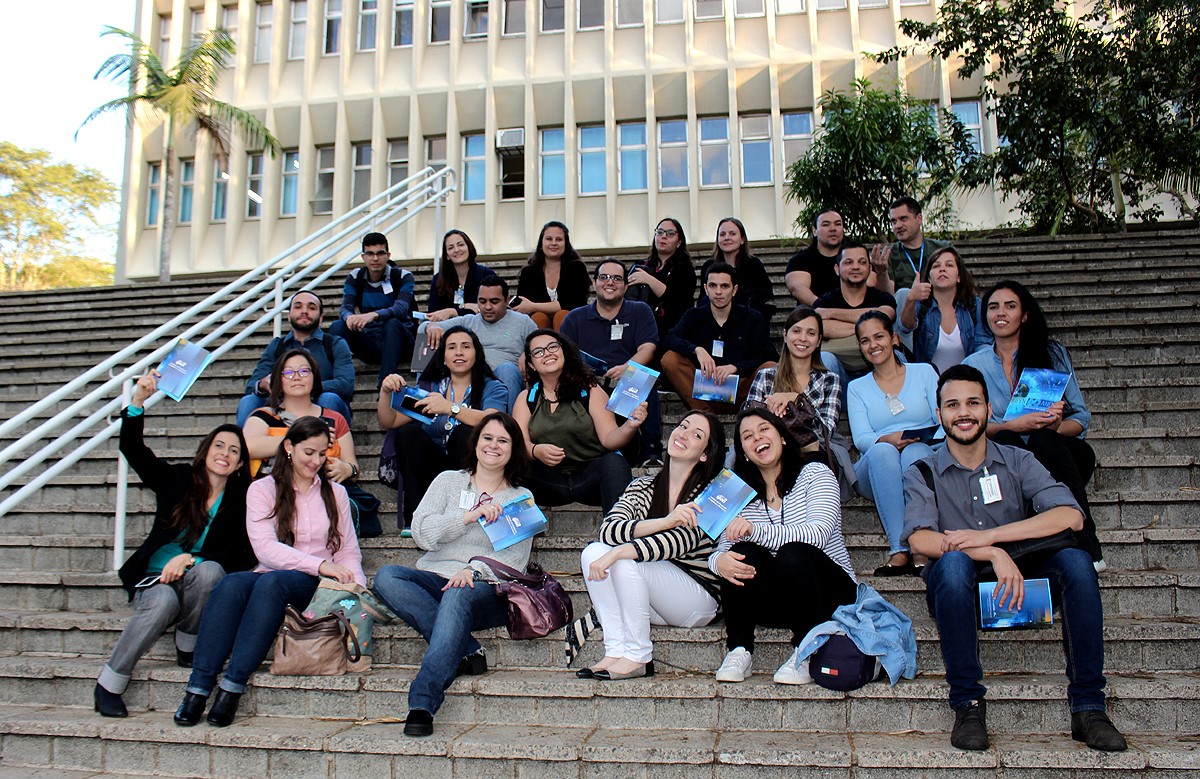
Nuclear Personnel for Brazil
back to contentsIn an interview for Rosatom Newsletter, Vice-director of Research Center for Lasers and Applications (CLA) at the Nuclear and Energy Research Institute (IPEN) Dr. Niklaus Ursus Wetter talks about the joint academic program launched by Brazil’s IPEN and Russia’s National Nuclear Research University (MEPhI), and advantages of Russian education.
– Could you please tell us about the academic program initiated by IPEN in Brazil earlier this year in partnership with MEPhI? What is its primary objective?
This program is a result of a bilateral international agreement. And we also signed another agreement to supplement the first one. The initial bilateral agreement provides for academic exchange between researchers, administrative and technical personnel, and students.
The second agreement is more focused. We signed it to enable Russian lecturers to teach courses online to IPEN students and Brazilian professors to give lectures to students in Russia. According to the agreement, professors from MEPhI can offer up to 28 courses as part of the IPEN postgraduate program, although it is not a regular program yet. We plan in turn that the professors from IPEN will teach up to 10 courses to MEPhI students.
– What subjects will be taught? How many curriculum modules do you plan to offer?
We now have three modules taught by the teachers from MEPhI. They are Nuclear Physics, Theory and Practice of Nuclear Safety, and Neutron Calculations for Nuclear Facilities.
We can add more modules like that to the curriculum – it depends on how popular they will be and how situation will change after the pandemic is over. If online courses are still in demand and if we can organize them easily, it is quite likely we will continue offering them to students next year. We hope we will complete at least those three courses that have been planned for the current and next years.
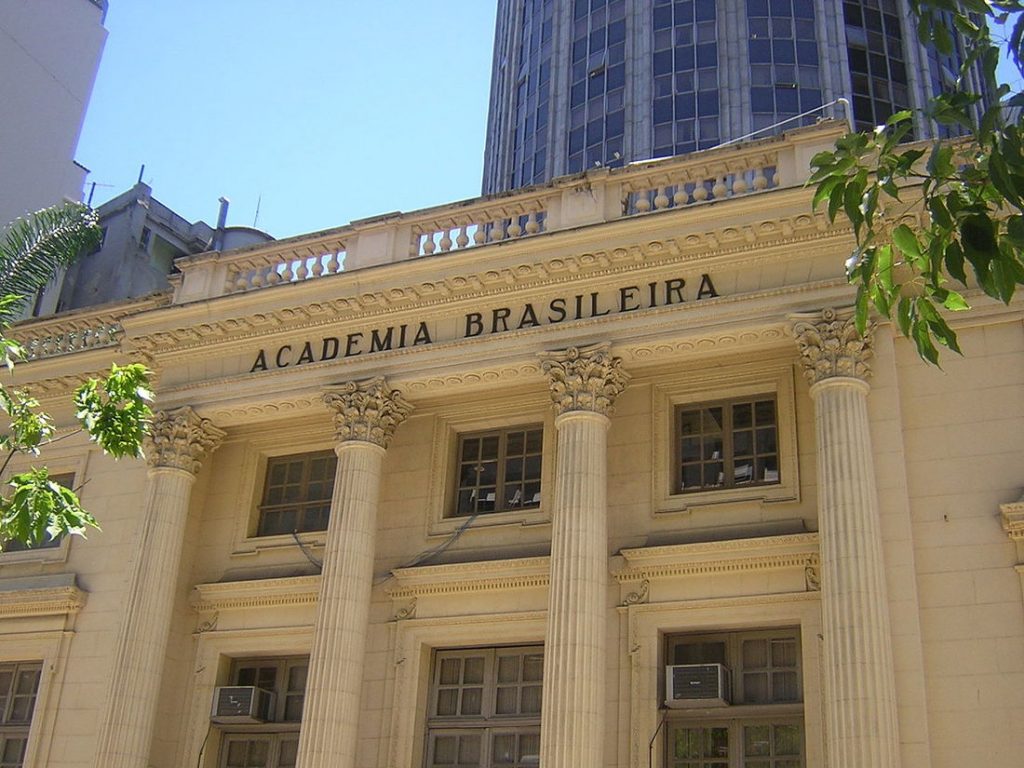
– How many students will attend the joint MEPhI-IPEN educational program?
At present, 36 students attend the course in Nuclear Physics, another 32 students attend the Theory and Practice of Nuclear Safety course, and 19 more study Neutron Calculations for Nuclear Facilities. They have two options – they can receive either a course completion certificate with grades or just an attendance certificate with no grades specified, which is also an advantage for the students.
What is more, our students are very much motivated to go to Russia. MEPhI made us a very good offer – 4 student grants from Rosatom and 4 grants from Rossotrudnichestvo (a Russian agency for international humanitarian cooperation). That is, we can send 8 students to Russia. One of them had to refuse to go, so there will be seven people traveling. Most of them will go to Russia in December to learn more about the country and get used to living there. The academic semester will begin in February. The three courses those seven students completed online will be credited as a full semester at MEPhI.
– How did the pandemic affect the program? What measures were taken to mitigate the effect of the COVID-19 restrictions?
In fact, the pandemic did not thwart our plans but helped us – the University of São Paulo (USP) had not been prepared to hold online courses by foreign teachers. All the courses used to be taught in person only. The pandemic forced us to offer online courses. No doubt we will do our best to continue this practice looking forward.
– What are your plans regarding collaboration with Russian nuclear universities? What joint educational programs does IPEN plan to deliver in the future?
We surely want to develop our cooperation. Together with MEPhI, we are preparing for the HackAtom workshop to be held in November. I hope this is just a beginning and we will continue and expand our contacts in the future.
It will not be easy, of course, if all USP students and teachers return to offline studies after the pandemic is over. But I think there is no way back and online learning will stay with us forever.
– How will the Brazilian nuclear industry benefit from the joint educational programs? How will they influence the Russian-Brazilian cooperation in the nuclear field?
First of all, those programs help students receive an excellent education. We know our students will gain deep knowledge from Russian teachers. Ways of thinking and decision-making differ from country to country. Studying to Russian standards is very important for the future of our students because this helps them obtain all the theoretical knowledge and practical skills they need. This is the reason why academic exchange is so much important.
I also think that those students will have closer ties with Russian professionals and trust them more because they will know each other. And if they seek international cooperation in the future, they will first contact their colleagues from Russia.
– What advantages do you think the Russian nuclear education has? What makes it different from the education in other countries?
Some advantages of the Russian professional education are well-known. For example, Russia has always been the best at mathematical modeling and mathematics in general, which plays a very important role in nuclear engineering.
I have also noticed that the Russian teachers perform totally differently in class – they give a very broad coverage of the subject and also touch upon other interesting topics. Students like this approach very much, and I cannot but congratulate the teachers from Russia on knowing the secret how to make their lectures so captivating.


